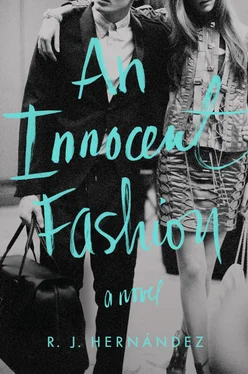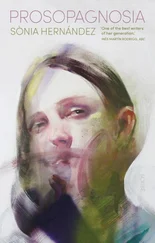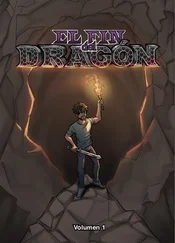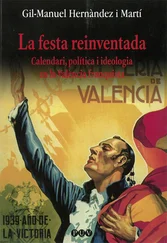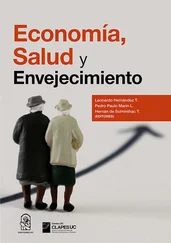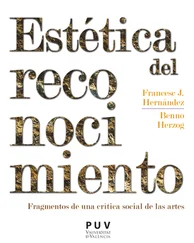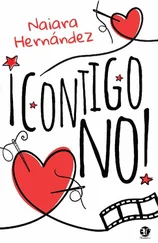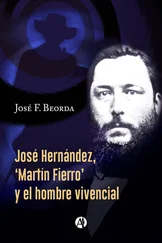I didn’t want to be gay. At least not at first. Growing up, I knew that being gay was the single least-acceptable thing I could do in life, less so even than becoming a drug addict, or failing school. Yet, outside the context of my own home, being gay actually made it easier for me to be accepted. At school, nobody had understood me when the only label they could apply to me was “strange,” but when that label was replaced with “gay,” I became as predictable as the head cheerleader, or the football quarterback — a character everyone could “understand,” even though nothing about me had changed.
Whether or not I was actually gay didn’t matter. Because everyone else thought it must be true, so did I, and either way it made school bearable. Of course there were the kids, like Cesar Montana, who “hated” gay people, but they weren’t going to like me regardless of whether I was gay or straight or anything else.
By the end of sophomore year, not only did I have friends, but I had enough of them to be voted into Student Council. Granted, Ms. Duncan pushed me to run, and within my apathetic class the competition wasn’t intense, but it was the start of something — and the year after that I was voted president. I was running the class, working at the library, and taking college prep exams with Ms. Duncan; when I wasn’t busy, I was with my best friend, Claudette, who would pick me up in her dad’s Jeep and take me shopping at the local strip mall.
My mother thought all the commotion was wonderful. She tailored all my zany suits, exclaiming, “How different the styles are for boys these days!” Not only that, but I finally had friends—“girlfriends!” she giggled in either a brilliant display of denial, or sheer cluelessness. The one dark cloud was my father. For years, the tenets of our family dinnertime routine had remained exactly the same. The sweaty embrace; “Ey, cabrón !”; the hug and smack on the bottom. The two differences were my height and his girth, until I began to notice that in the light of my brighter self-image, his own view of me had darkened; soon he was barely speaking to me. By that point, though, I didn’t really care what he thought, and he remained tight-lipped until, one day, I suppose I took my differentness too far.
The piercing was Claudette’s idea. A black pearl stud in my upper ear — a reckless whim, but then again, I was sixteen, and it was just for fun, and I had paid for it with my own money.
Within minutes of arriving home: “ ¡Mariposa! ” my father roared. He grabbed me by the collar and pinned me against the wall, bellowing in Spanish, “ You won’t be a faggot! I WON’T LET YOU BE A FAGGOT! ” And as I prepared to defend myself and shout, “ You don’t know anything about me! ” I realized he had tears in his eyes. My poor, stupid construction-worker father, who had grown up in another country, and had no hope of understanding me, thought that because I had a pearl in my ear there was something wrong with me, and furthermore, that it was his fault .
A shadow descended on the house after that, and six months later, Ms. Duncan was driving me to a college fair in Austin. There were booths for Columbia and Brown and Stanford — each one promising the best four years of my life — then there was Yale, under a banner which read, Lux et Veritas .
“What’s it mean?” I asked the boy at the booth.
“It’s Latin. It means light and truth.”

WHEN, ON MY FIRST DAY AT RÉGINE, THE ELEVATOR DOORS parted — my own reflected likeness split in two — Edmund’s head intern was standing directly opposite me in the foyer, having somehow foreseen exactly which of the twelve elevators would shuttle me up to that floor. His first words to me were an accurate summary of the relationship we would come to share: “My name is George, and we have a million things to do.”
George Beckett was as short and as round as a prize-winning pumpkin. Underneath a hardened shell of shiny orange hair — his white side part appeared chopped by a knife — his upturned nose assessed me for barely a second before he barreled away.
“Good to meet you!” I scrambled to catch up to the heels of his black oxfords.
George wore a dress shirt and trousers, all black. Despite this, he was Sabrina’s physical opposite — pasty and white, the sole color on his face supplied by a bounty of freckles scattered like toasted nuts over his doughy cheeks. I was struck by the fact that, for a body of such Lilliputian proportions — I think he grazed five feet — his gait was astonishingly accelerated.
“This’ll be my first time in the office,” I confided, as we approached the glass doors.
He turned slightly. His scrunched-up nose gave him the look of someone permanently in the midst of an objectionable odor. In a voice that was at once nasal and high-pitched, he said, “Great color scheme. You’ll fit right in.” Then that nose commandeered a pucker of repulsion across his whole face.
I looked down at myself in my head-to-toe raspberry-pink suit, with a white shirt and striped purple necktie. After Sabrina’s indictment of my thrifted garb, I had unwisely splurged on a new pair of shoes — plum velvet loafers, each embroidered with a lion’s head in gold thread — although when I had dressed that morning, Sabrina hadn’t been on my mind. The primary object of my bombastic efforts was my new boss, Edmund Benneton — my idol — who was always traipsing around to parties and fashion shows swathed in shades of ruby, amethyst, and citrine, his fingers glittering like Aladdin’s cave of jewels.
I’d had a fever dream the night before about our first encounter. In my dream I had been minding my own business, tending the flowers in some meadow — obviously — when Edmund rolled past me in a golden carriage. “ You there! ” he’d called out across a ripple of long emerald grass. He ordered the carriage to a screeching halt, and leapt out in breeches and leather lace-up boots, like some Don Juan on the cover of a historical romance paperback. “ Don’t you look stunning! ” he proclaimed. “How about I be your mentor, and help you get everything you want out of life!” Naturally I demurred, and just as I was preparing to accept his invitation — to ride with him in his carriage into the sunset, toward a life full of photo shoots and exclusive events — a giant casserole dish fell from the sky, and we were instantly crushed.
Beep! George now pressed his ID against the electronic reader.
“When we go through this door, you cannot speak,” he threatened. It was hard to take him seriously, with his little freckles and bright red hair.
He pushed open the glass door, and I prepared myself to enter the hub that had rocketed so many into the glittering cosmos of fame and beauty. A million years from now, when all the friends who loved me were gathered at a dinner party in my honor, I would recount this very moment. Edith Wharton would be sitting at one end of the table, and Edmund at the other. “Ethan used to see beauty everywhere,” my mother would whisper to Edith, reaching into her purse for the disintegrating remains of a flower garland I had made as a child. Ms. Duncan would be telling them the Gatsby anecdote, and then Patrick Demarchelier would say, “ He was the best editor in the world, always just — full of ideas! ” There’d be roses on the table — lavender and pastel yellow — and everybody would be drinking out of bone-white teacups with Oriental dragons painted on the sides. “ When I entered Régine for the first time ,” I would say, my lips holding the attention of the entire room, “ everything was perfect at last. ”
Читать дальше
